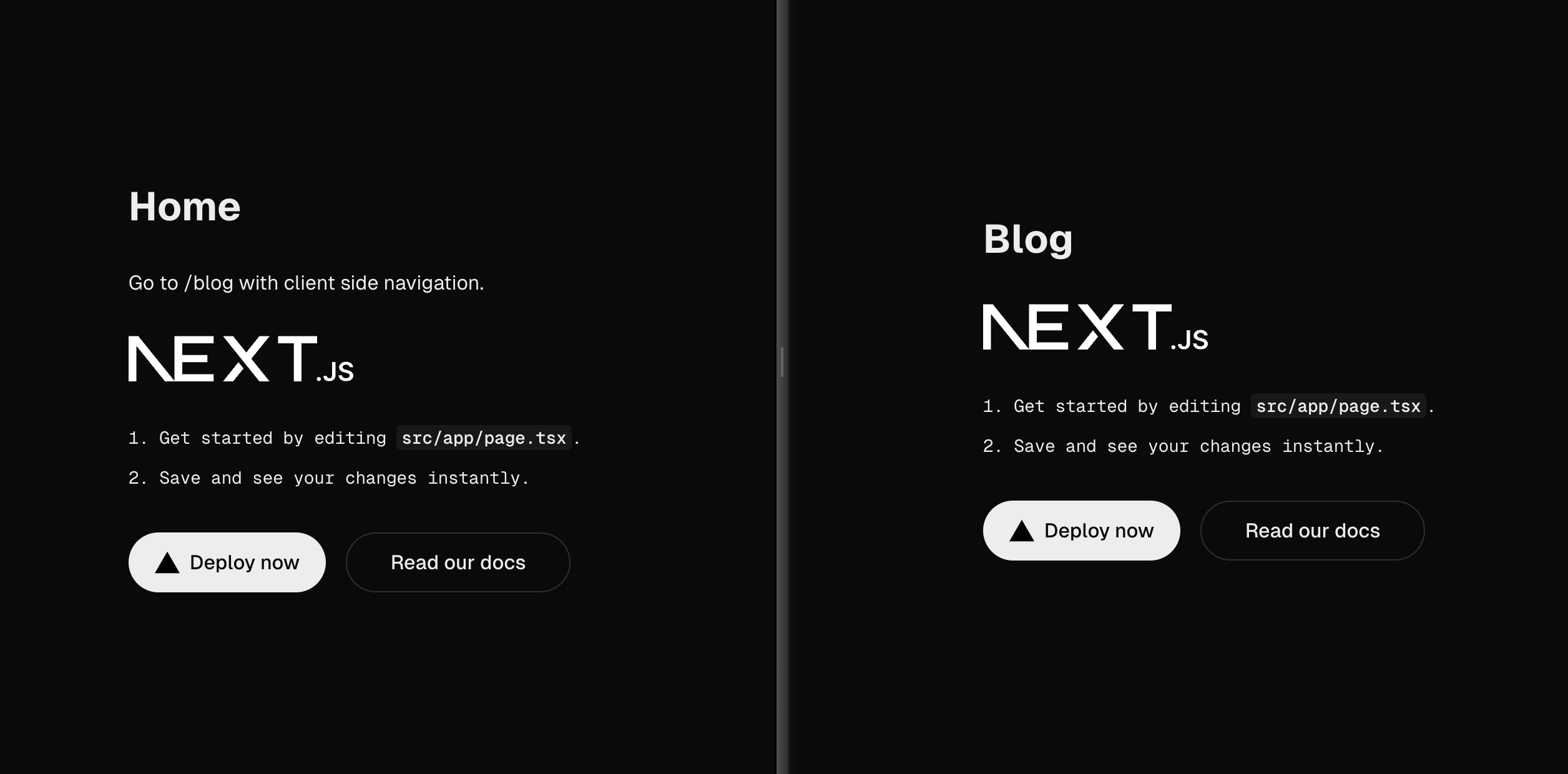Web Workers are a powerful tool in the JavaScript developer’s toolkit, allowing for concurrent execution of JavaScript code. This means that Web Workers can run JavaScript code in the background, independent of the main thread, leading to improved performance and user experience.
To understand why Web Workers are useful, it’s important to first understand how JavaScript code execution works. Normally, JavaScript code is executed on the main thread, which is responsible for handling user interactions, rendering and updating the page, and other tasks. This means that any JavaScript code that takes a long time to execute can block the main thread, leading to unresponsive pages and poor user experience.
Web Workers provide a solution to this problem by allowing for the execution of JavaScript code on a separate thread. This means that long-running JavaScript code can be executed in the background, without blocking the main thread. This can lead to improved performance and a better user experience, as the main thread remains responsive and can continue to handle user interactions and other tasks.
How do Web Workers work?
To use Web Workers, you must first create a new worker by calling the Worker() constructor and passing in the URL of the JavaScript file that will be executed on the worker thread. For example:
const worker = new Worker('worker.js')
Once the worker is created, you can send messages to and from the worker using the postMessage() and onmessage() methods, respectively. For example, to send a message to the worker, you can use the following code:
worker.postMessage('Hello from the main thread!')
And to receive messages from the worker, you can use the following code:
worker.onmessage = function (e) {
console.log('Message from the worker:', e.data)
}
This allows for communication between the main thread and the worker thread, allowing for coordination of tasks.
One key limitation of Web Workers is that they do not have access to the DOM, meaning they cannot directly manipulate the page or access page elements. This means that Web Workers are best suited for tasks that do not require direct interaction with the page, such as data processing or network requests.
How can I practically use this?
Here is an example of how Web Workers might be implemented, using the code snippets above as a starting point:
// create a new web worker and pass it the path to our worker script
const worker = new Worker('worker.js')
// listen for messages from the worker and log the result
worker.onmessage = function (e) {
console.log('Worker said: ', e.data)
}
// send a message to the worker with some data to perform a computation on
worker.postMessage([2, 3, 4, 5])
self.onmessage = function (e) {
// get the data sent from the main thread
const data = e.data
// perform a heavy computation on the data
let result = 0
for (let i = 0; i < data.length; i++) {
result += data[i] * data[i]
}
// send the result back to the main thread
self.postMessage(result)
}
In this example, the script.js file creates a new Web Worker and passes it the path to the worker.js file, which contains the code for the worker. The main thread then listens for messages from the worker and logs the result when it is received.
The main thread also sends a message to the worker with some data (an array of numbers) to perform a computation on. In this case, the worker performs a simple calculation (squaring each number in the array and adding them together) and then sends the result back to the main thread.
Looking back
In conclusion, Web Workers are a valuable tool in the JavaScript developer’s toolkit, allowing for concurrent execution of JavaScript code and improved performance and user experience. By offloading heavy computational tasks to worker threads, the main thread remains responsive and able to handle user interactions and other tasks. With their ability to handle data processing and network requests, Web Workers are a useful tool for any developer looking to improve the performance of their web applications.



